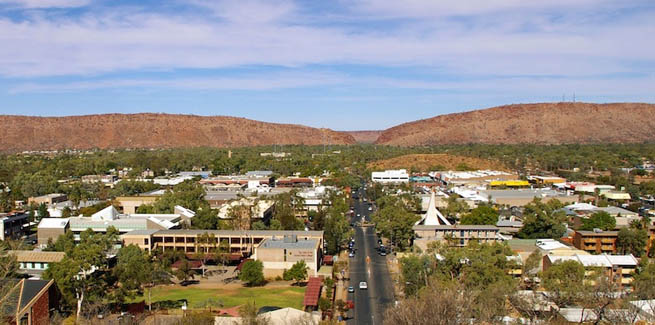Residential land values saw an overall increase of up to 24.8 per cent from $1.4 trillion to $1.8 trillion in the last financial year.
The Hunter Coast experienced the highest residential increase at 38.1 per cent across its local government area, with beachside suburbs around the Central Coast seeing gains of up to 45.4 per cent.
NSW Valuer General Dr David Parker said the trend to purchases in the regions was partly due to changing perceptions and lifestyle factors including more flexible working arrangements.
“This green change, tree change, sea change and ski change has been exacerbated by greater employer flexibility in work locations as a result of home working during COVID,” Dr Parker said.
He added that people continue to search for greater affordability and preferred lifestyle options.
Other strong residential growth was seen in the Hunter NSW at 32.9 per cent, the South Coast saw gains at 30.3 per cent, Central Tablelands at 24.7 per cent, and North Coast at 27.9 per cent.
The Western regions remained strong at 29.5 per cent.
The report describes factors such as purchases seeking alternative lifestyle options, combined with record-low mortgage rates, improving economic conditions and low listing numbers as key contributors to the strong increase in residential land values.
However, falling slightly behind was the Murray, South East and Riverina regions that saw residential land increase by 14.2, 15.5 and 12.4 per cent respectively.
The Central West saw a moderate increase at 9.8 per cent, Northern Tablelands at 8 per cent, with the North West region experiencing a little over 4 per cent (4.2).
Metropolitan Sydney saw increases between 16.3 and 29.1 per cent, with the Northern Beaches experiencing the highest gains (29.1) driven by access to lifestyle conveniences, and provide work-from-home options.
The commercial market increased across the state by 14.9 per cent overall. The largest increases were in the Sydney West area, where values increased by 30.3 per cent, followed closely by Hunter Coast, where values increased by 29.4 per cent.
The industrial market remained strong with land values increasing by 22.8 per cent overall across the state. The largest increases were in the City of Sydney where values increased by 35 per cent due to dwindling supply and increased demand in the logistics and e-commerce sectors.
Overall, rural land values increased by 26 per cent driven primarily by continued strong commodity prices, limited supply and sustained demand for good quality farming, mixed cultivation and grazing lands.
Revenue NSW will use the land values to calculate land tax for the 2022 land tax year.

